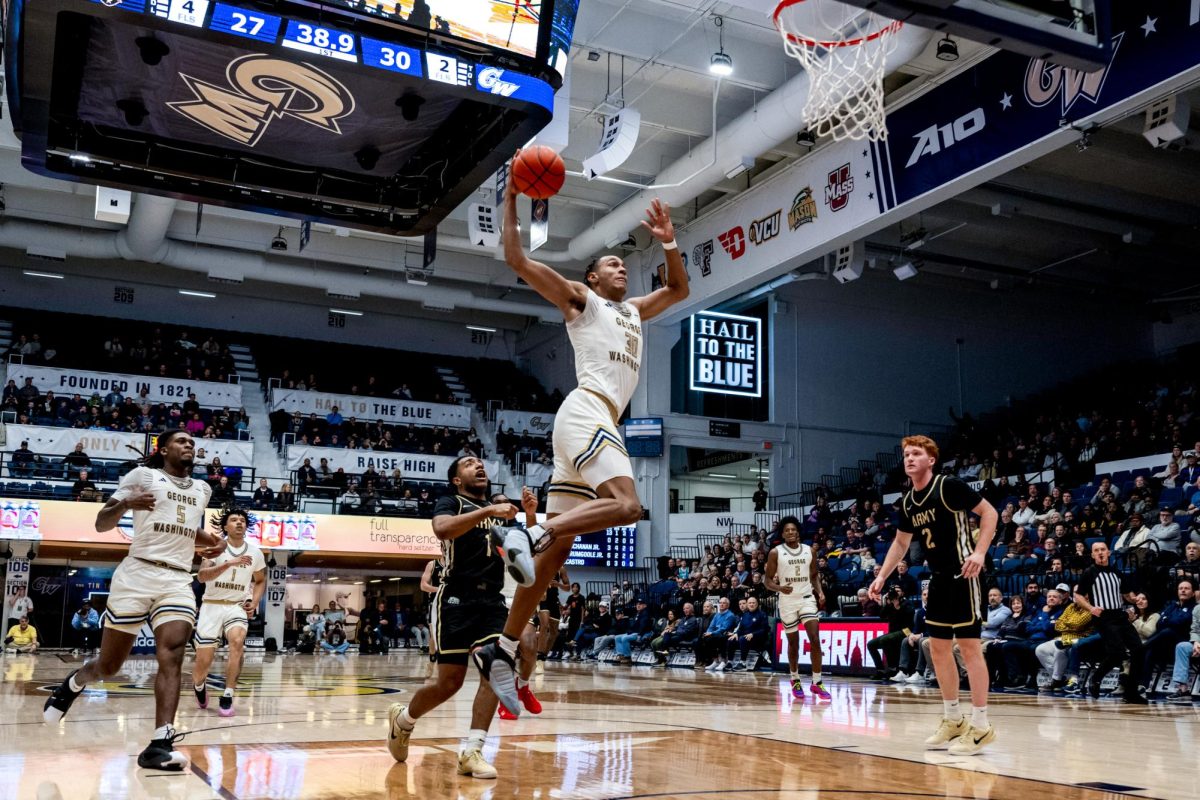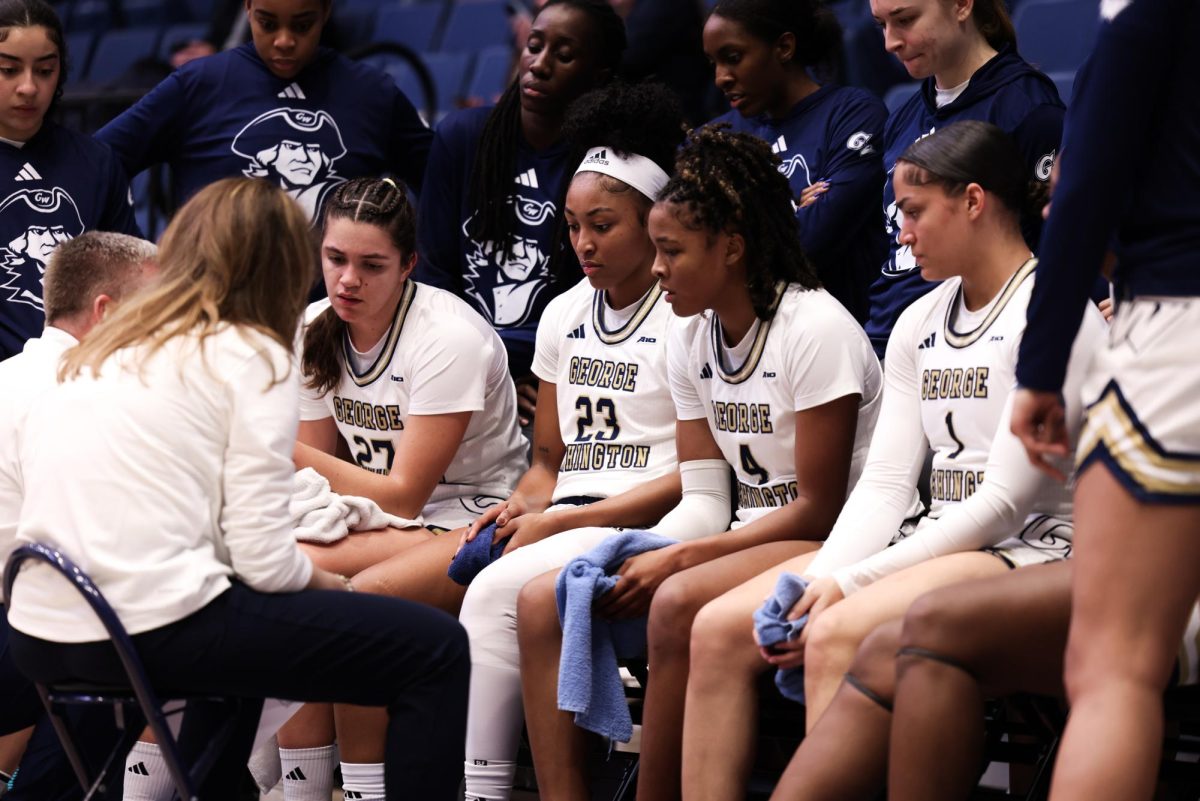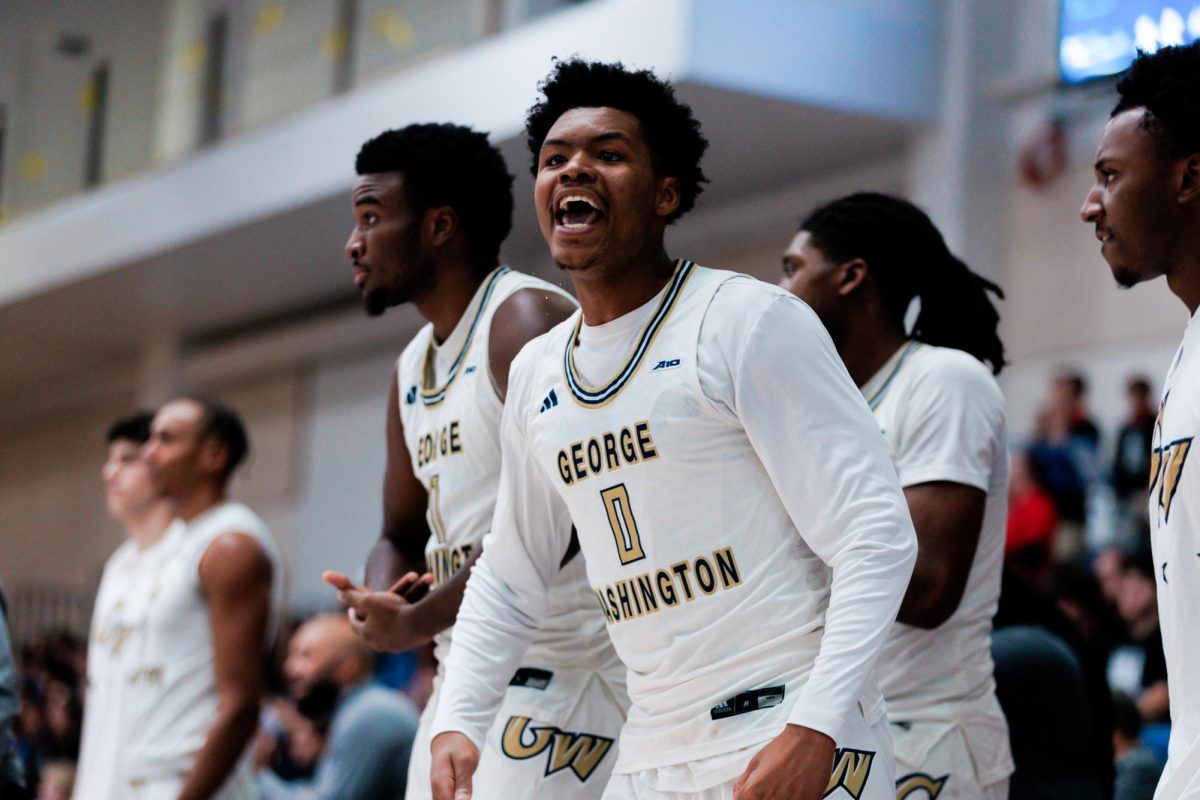An anomaly. That is what GW Director of Athletics Jack Kvancz called recent allegations of mental and physical abuse against softball coach Shaunte’ Fremin.
“It’s not a normal thing that happens at GW in terms of our athletic program because our athletic program, I think, is very open,” he said. “I’d be very disappointed if people don’t continue to pop their head in and talk to us.”
“Say a kid isn’t batting clean-up (and is unhappy about it),” he continued. “Normally at GW, you’ll hear about it.”
But softball players, whose season was canceled last month due to injuries, said it took some time before they did pop their heads in to let administrators know there was a problem because they were made afraid to do so.
“When you’re playing for someone like (Fremin) and she keeps on saying, ‘If you go to (Senior Associate Athletic Director Mary Jo Warner), she backs me,’ it’s just intimidation,” a former player told The Hatchet last month.
Parents also said last month that the athletic department was at fault for its lack of oversight over Fremin, a first-year head coach whose status at GW remains up in the air. After a three-week investigation of its own, GW brought in Robin Green Harris, a former director of the NCAA Committee on Infractions who now works for the law firm Ice Miller, to form an independent report on both Fremin and the athletic department.
Harris has refused to discuss any aspect of her investigation publicly, but Kvancz maintains there is a strong line of communication between student-athletes and administrators. And while he did not indicate that any internal changes would be made, he said he still hopes to develop relationships with as many athletes as he can to recognize potential problems early.
“As we get bigger with 22 sports, I don’t know if you can know every kid, but you’ve gotta be comfortable,” Kvancz said. “It’s real easy to say, ‘Go talk to so and so,’ but if you don’t know who that person is, you’re not going to open up to them.”
GW now has 22 varsity teams, and as a result, some athletes said smaller sports just do not receive as much attention as others. Softball, for example, has only been a varsity program for two seasons.
“I realize there are some sports that don’t get much notoriety or make a ton of revenue for the school,” junior swimmer Brian Ferretti said. “But sometimes I feel we can be a little overlooked.”
Women’s soccer co-captain Jamie Olson said part of the reason the softball program’s problems may have been initially missed is because the team practices at Mount Vernon.
“Since they do practice at Mount Vernon complex, it’s harder to monitor what things are happening,” she said.
In general, coaches and players said Kvancz and other athletic administrators are constantly making an effort to get to know athletes at GW.
“It’s one of those things where they are available,” women’s soccer head coach Tanya Vogel said. “When I was a student-athlete here, Jack Kvancz was more than available for student-athletes. As a student-athlete, I met with Jack several times during my last three years year here to discuss issues. Mary Jo Warner has a great relationship with my players, and my student-athletes feel very comfortable.”
Open communication between student-athletes, coaches and athletic department officials is encouraged, Vogel said. But, she added, there is always a chance that players might feel otherwise, especially if their coach advises against it.
“I think there is a possibility that a coach could express that (communicating their concerns to administrators is) not an option,” she said. “And if I were an 18-year-old I might not know that’s an option. Now Mary Jo Warner meets with every single team before every season starts, and she lets them know that it’s a possibility.”
Vogel said part of the responsibility falls on the coaches, adding that administrators cannot be the only ones overseeing the well-being of student-athletes.
“All the coaches meet once a week with an administrator,” she said. “We fill out a sheet letting them know what’s going on with our program. It’s definitely up to the coach to be honest with the administrator. That’s the real world.”






